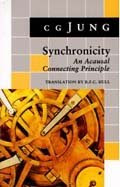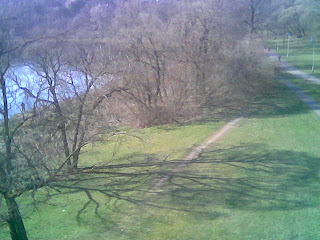


When one has experienced a number of such synchroncitities (see also Carl G. Jung’s Scarab Synchronicity), one gains over time the impression that there is a wisdom within them, far beyond that of our conscious knowledge. Furthermore, they would indicate that the inner world, for example dreams out of the so-called unconscious, know something about the outward, but also that the outer, the animate or even the inanimate material world knows something about the inner. Carl G. Jung had therefore put forth the postulate that there has to be a world in which inner and outer world, psyche and matter are connected in an undifferentiated unity. This world was called the unus mundus in the Middle Ages [see also the UNUS MUNDUS forum]. Carl G. Jung and Wolfgang Pauli looked for this world and called it the unified psychophysical reality ("die psychophysische Einheitswirklichkeit") beyond the split in matter and psyche. One must consider this a potential world out of which causeless new creations can occur. Synchronistic events show the moment that this potential world will incarnate into the concrete.
...
Jung would probably have said something like the following to her: "You see, now the fox is also outside. Invite the symbol of instinctive cleverness into your world and you will be lead by it in your later life. Forget all of your ifs or buts, conquer all your intellectual blocks in this way and begin to trust your instinctive wisdom which will show you the right way." Through the experience and the interpretation of this synchronicity would the consciousness of the client abruptly transform and this impressive occurrence would lead to a new meaning to her future life.

.jpg)








